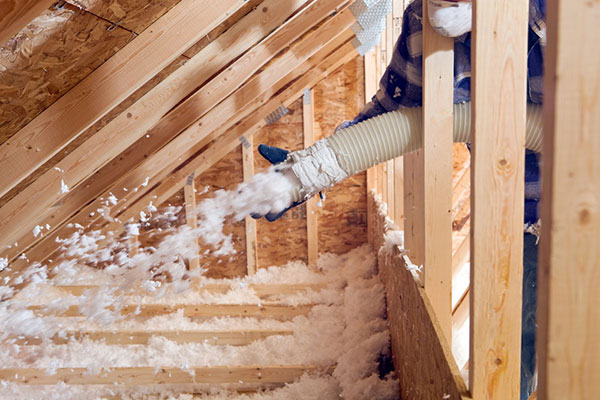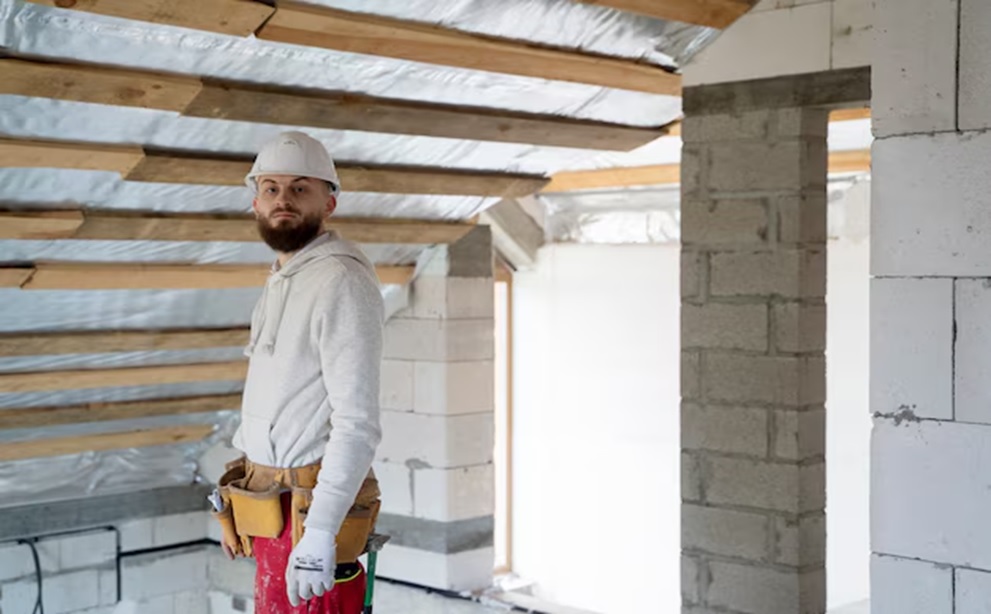As energy costs continue to rise, homeowners are increasingly looking for ways to reduce their energy bills without sacrificing comfort. One of the most effective and long-lasting solutions is improving the insulation in your home. Proper insulation not only helps regulate indoor temperatures but also contributes to significant energy savings. In this article, we will explore how effective full service residential insulation can help you reduce your energy bills and create a more comfortable living environment.
Understanding the Importance of Insulation
Insulation plays a crucial role in maintaining a comfortable temperature in your home while minimizing energy consumption. It acts as a barrier, preventing heat transfer between the inside and outside of your home. During the winter months, insulation helps retain heat, keeping your home warm and reducing the need for heating. Conversely, in the summer, insulation prevents hot air from entering your home, making it easier to maintain a cool indoor temperature with air conditioning.
Inadequate or poorly installed insulation can lead to significant energy losses, resulting in higher utility bills and an uncomfortable living environment. By investing in effective full service residential insulation, you can improve the overall efficiency of your home, leading to substantial long-term savings.
Types of Insulation

There are several types of insulation materials available, each with its own advantages and applications. Some of the most common types include:
- Fiberglass: This type of insulation is made from fine glass fibers and is available in batt or blown-in forms. Fiberglass insulation is a cost-effective option and is suitable for walls, attics, and floors.
- Cellulose: Cellulose insulation is made from recycled materials, such as newspaper or cardboard, and is typically blown into walls or attics. It provides excellent coverage and can help reduce air leaks.
- Spray Foam: Spray foam insulation is a liquid that expands and hardens when applied, creating an airtight seal. It is highly effective in reducing air infiltration and can be used in walls, attics, and crawl spaces.
When choosing the right type of insulation for your home, it’s essential to consider factors such as the climate, the area being insulated, and your budget. A professional insulation contractor can help you determine the best insulation solution for your specific needs.
Choosing a Professional Insulation Contractor
To ensure that your insulation project is completed effectively and efficiently, it’s essential to choose a reputable full service residential insulation contractor. Look for a company with experience, proper licensing and insurance, and a track record of satisfied customers. A professional contractor can assess your home’s insulation needs, provide recommendations, and ensure that the installation process is carried out correctly.
Conclusion
Reducing your energy bills is a top priority for many homeowners, and effective insulation is one of the most reliable and long-lasting solutions. By investing in full service residential insulation, you can enjoy significant energy savings, improved comfort, and increased home value. With a wide range of insulation materials available and the expertise of professional contractors, you can tailor your insulation solution to meet your specific needs and budget. Take the first step towards a more energy-efficient and comfortable home by exploring your insulation options today.


